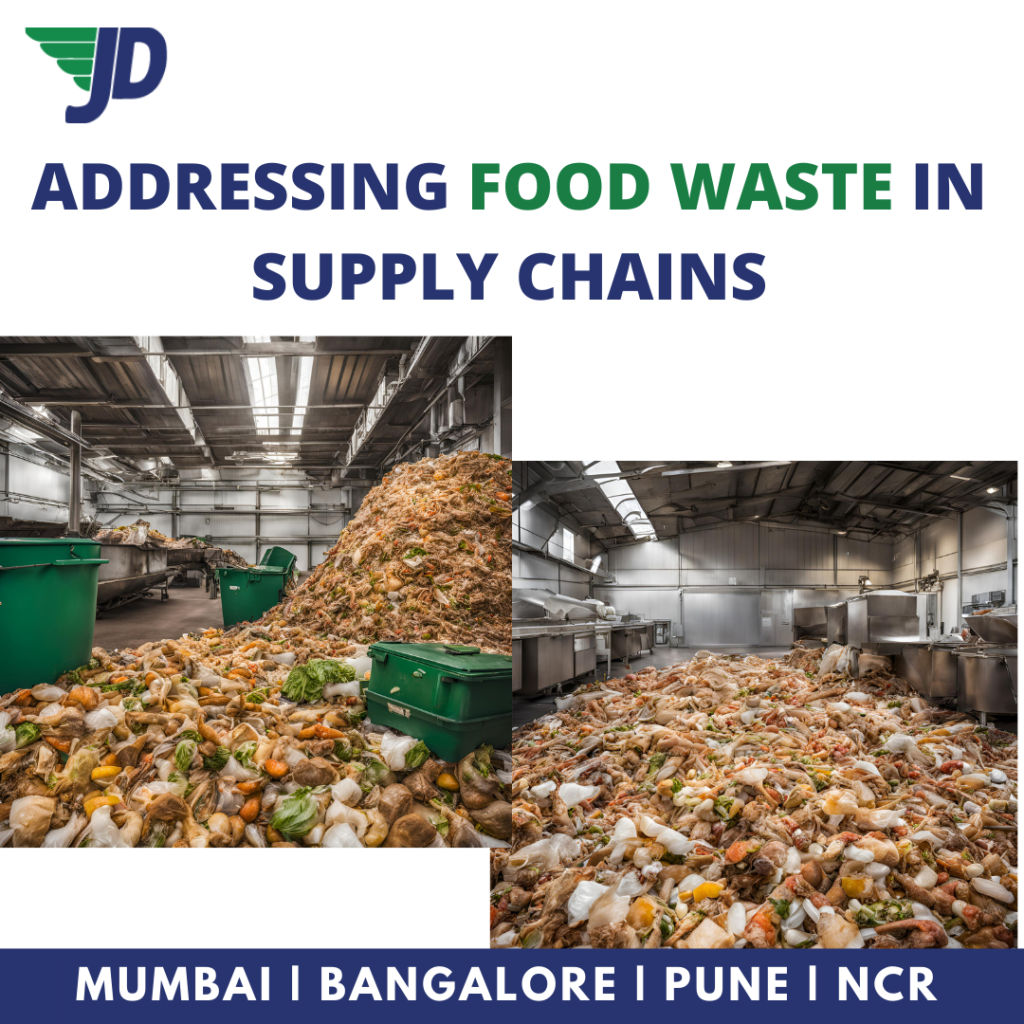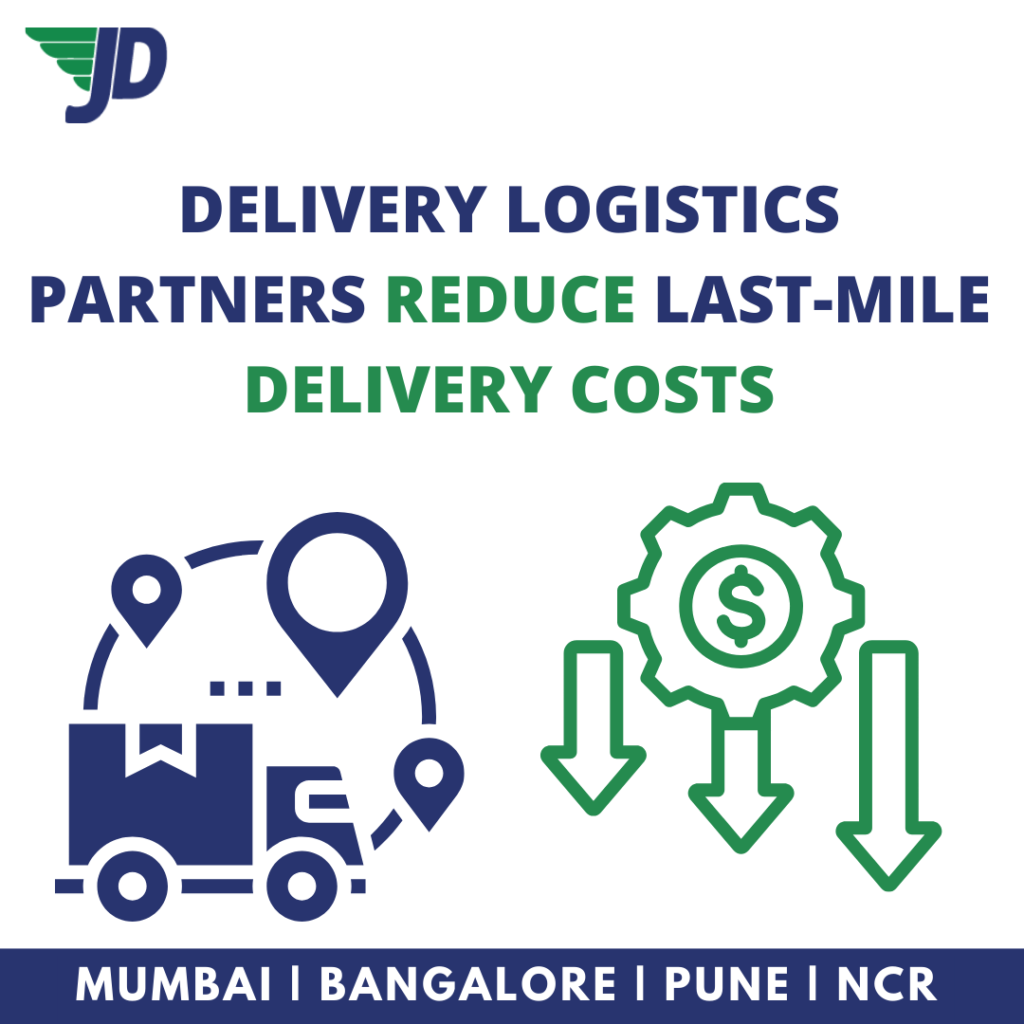Food waste is a critical issue plaguing the FMG market, specially in these hard times when the pandemic has taken a toll on warehousing and supply chain facilities.
Nearly, one third of the global food waste happens in the supply chain due to lack of support, delay in logistics and primitive system of storage which don’t support the proper care for the perishables for long term.
This has become more clear in the pandemic than ever before as unprecedented delays have taken a toll on food businesses and restaurants. USDA Economic Research Service have found that 40% of food waste occurs in the supply chain because of storage issues, inadequate transport facilities and paucity of workforce to support the farmers’ harvest directly.
The Economic Burden of Food Loss
As per the UN Food and Agricultural Organization (FAO) estimate the world’s annual food loss is equivalent to Austria’s GDP. Globally we lose $400 billion a year because of supply chain issues. Much of this loss occurs during the transit from farm to factory to retail to consumer. The biggest problem in this regard is the cold storage of proteins like meat, fish, dairy and grains.
The global cold chain industry is worth $4 trillion dollars yet it’s the most affected when it comes to waste and GHG emission.
The industry wastes huge amounts of fuel, water and energy to prevent food loss yet 8% GHG emissions of the world are contributed by food loss.
This is because of inadequate storage and transport facilities which aren’t fully backed by technology and well integrated with the supply chains. Innumerable number of middle men involved in the process who cause unnecessary delays and loss of revenue. All this, has a detrimental effect on the FMG market which exerts severe cost burden to food businesses, retailers and consumers.
The Way Out
The way out of this mess is a structured supply chain system and management where your products get delivered on temperature controlled units on the same day without much delay. The whole supply chain management should be functioning in a quick and efficient manner in real time supporting the entire timeline – from farms to factories to retail chains to consumers.




